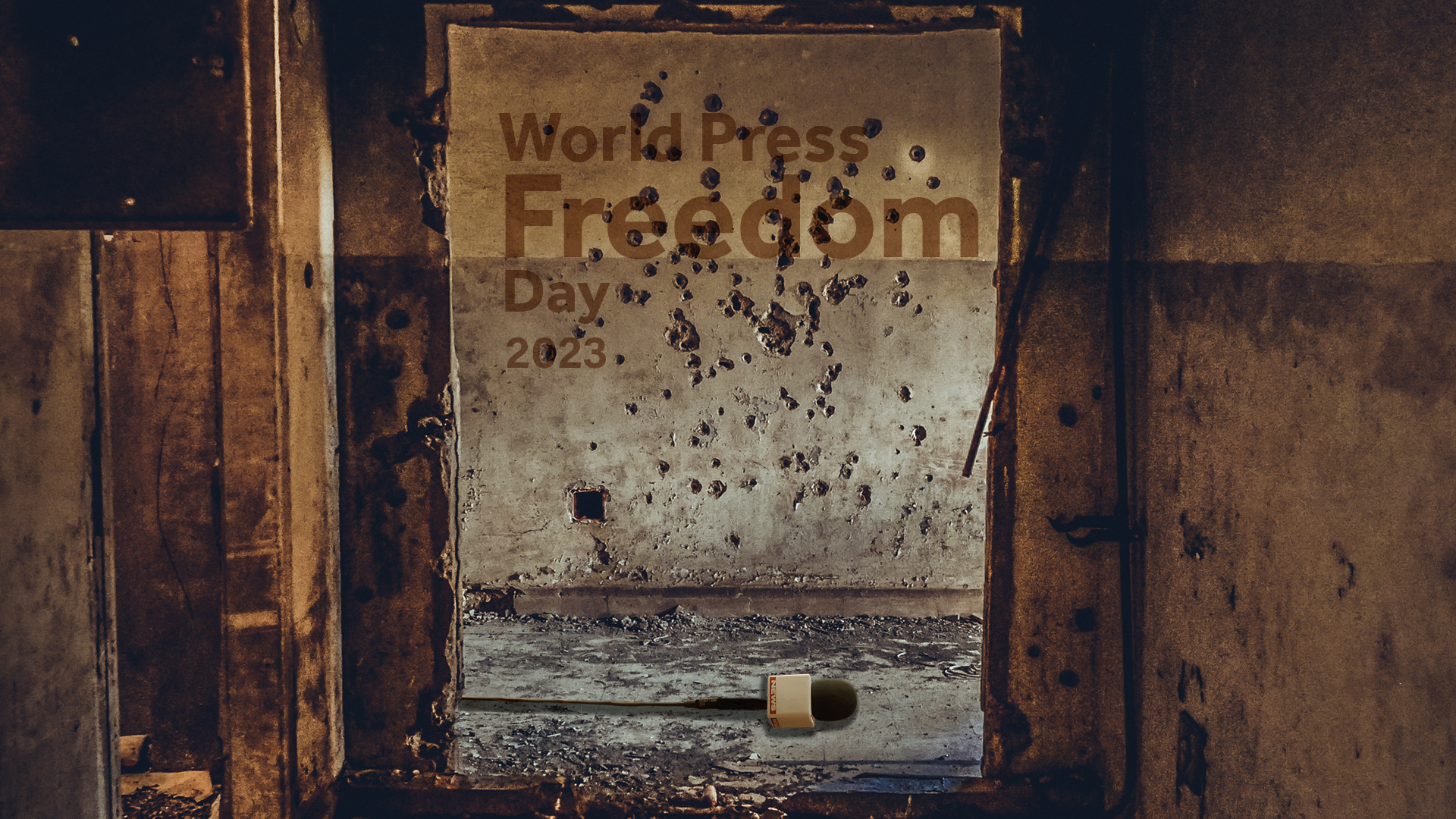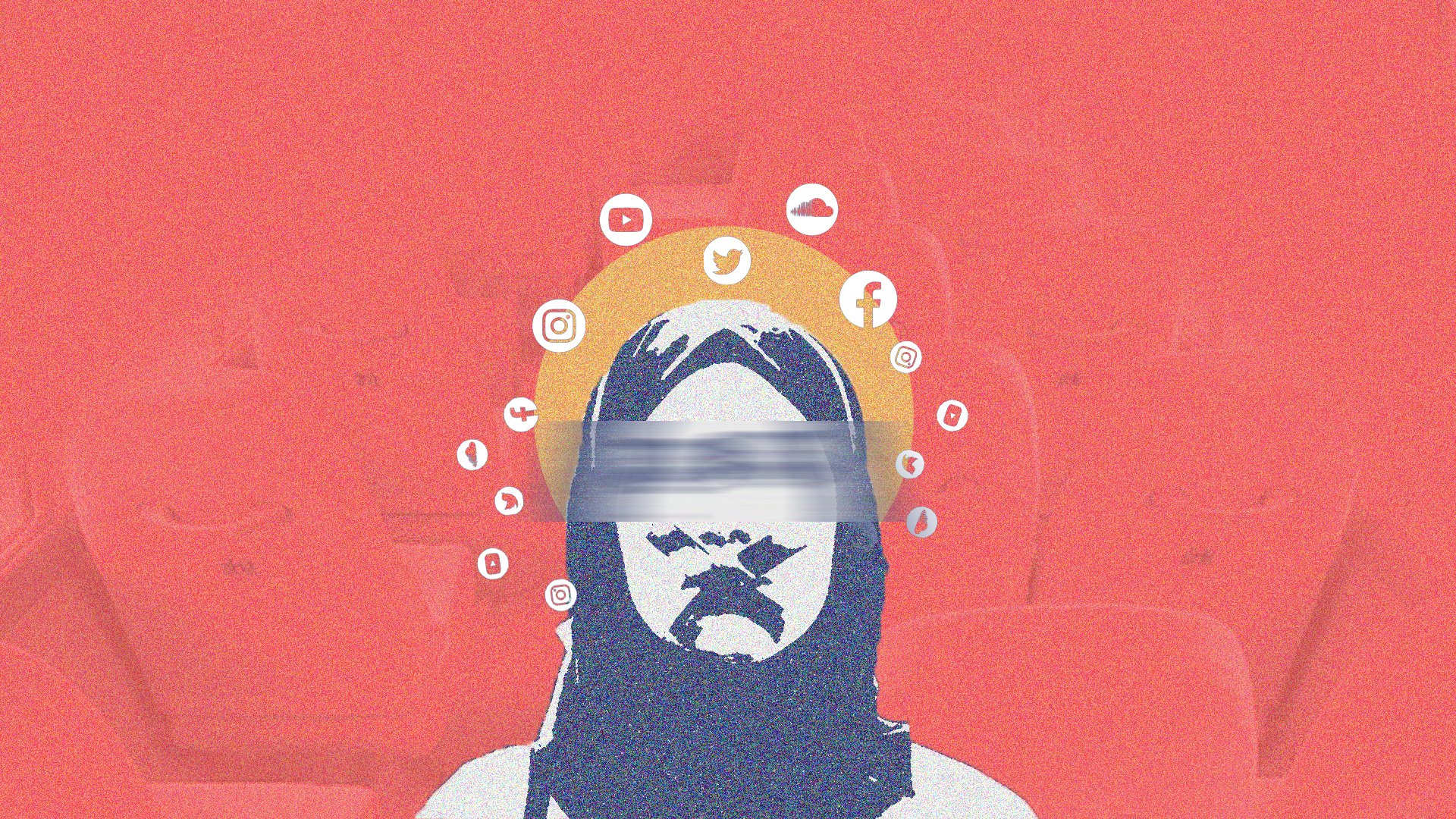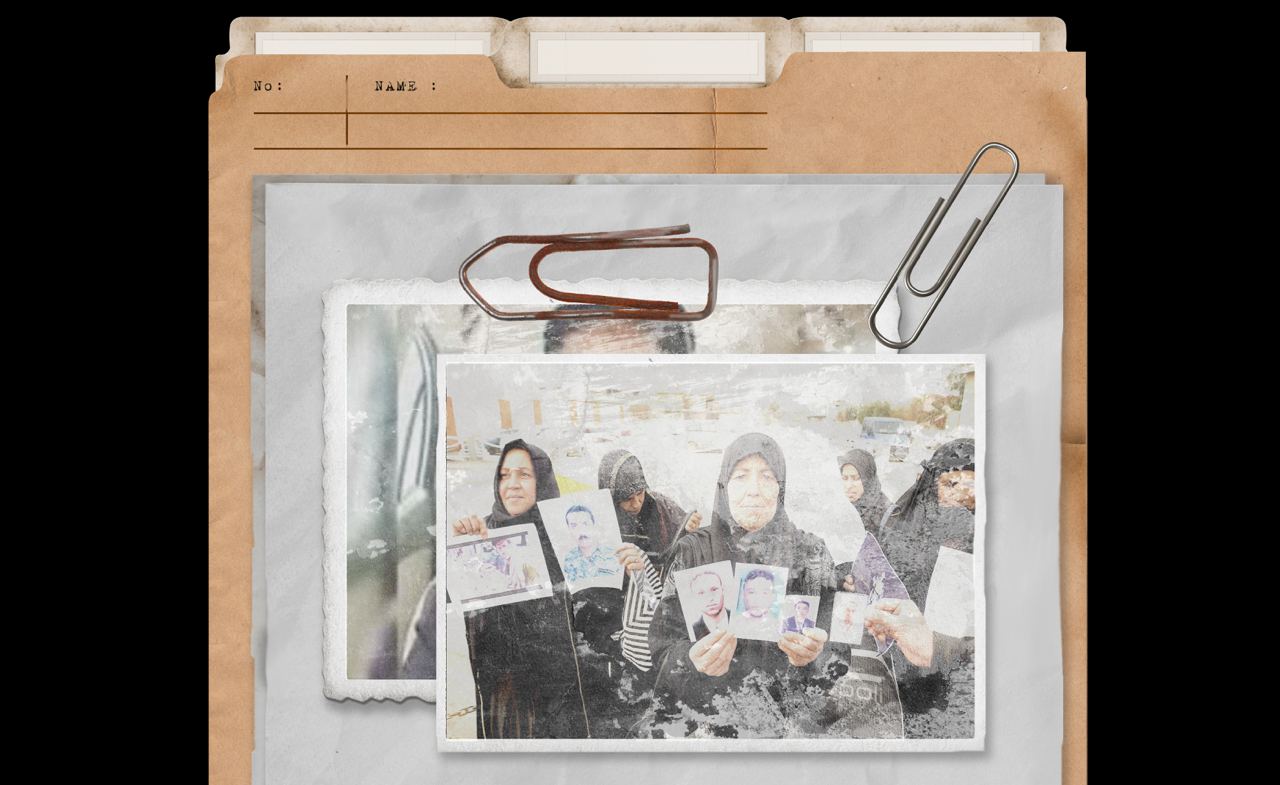The Iraqi Observatory for Human Rights (IOHR) (June 12th, 2024) reports that child labor in Iraq is worsening due to difficult economic conditions and ongoing conflicts, among other reasons that have compelled several families to send their children to work in harsh and critical conditions.
Children working in Iraq face serious violations of their rights, being deprived of education and exposed to substantial physical and psychological risks. These children have been affected by wars, armed conflicts, poverty, and lack of basic services, suffering from malnutrition and a lack of healthcare and education, which significantly impacts their growth and development.
Children work alongside adults in auto repair centers, performing tasks ranging from washing vehicles to repairing engines. This type of work exposes them to significant risks, including exposure to toxic chemicals and sharp tools.
Working in these fields negatively affects children's physical and psychological health, depriving them of education and normal development. Workers in this environment suffer frequent injuries and exposure to harmful substances, facing risks of exploitation and abuse.
The Iraqi Observatory for Human Rights interviewed a 10-year-old child working in an auto repair shop in the Al-Doura District of Baghdad. His father died years ago, and his mother earns a small wage working for anyone who needs cleaning services. The child receives a daily wage of 7,000 Iraqi dinars, equivalent to around 5 US dollars.
The child, who works 9 hours a day, says: "I work every day to help my mother, but I feel very tired. I wish I could go to school and play like other children, but what can I do? I want to become a man, even though I am still young."
These children suffer from significant psychological pressures due to working in unsafe environments, leading to psychological disorders such as anxiety and depression. Depriving children of education and normal social interaction hinders their psychological and social development, making them more vulnerable to isolation and exploitation.
The IOHR states that "Child labor in Iraq is a major problem that is worsening over time, as poor economic and social conditions push families to send their children to work to contribute to the family income."
Visitors to auto repair shops and industrial neighborhoods in Iraq can notice dozens of children working under vehicles. Some have lost their childhood and begun to act as if they were in their thirties, while others have started smoking and drinking liquor.
Another 10-year-old child living in Mosul works from 7 a.m. to 4 p.m. in an auto repair shop in the city's industrial district, earning 10,000 Iraqi dinars (about 7 US dollars) daily.
He tells his story during an interview with the Iraqi Observatory for Human Rights, saying: "I have been working in the industrial district for a year, helping my family earn a living because my father is unable to work due to his injury in the war. I dream of returning to school, but the situation is very difficult."
The child we met by chance is not even good at expressing his feelings or talking about his work and ambitions. All he knows is that he leaves home shortly after sunrise and returns shortly before sunset with some money for his family, who live in the old area, to help them get their daily sustenance.
We met another 11-year-old boy who works as an auto electrician's assistant in the Camp Sarah district. He suffers from many problems, the most prominent of which are constant insults and belittling by those working with him and being assigned several major duties. He receives a daily wage of 10,000 Iraqi dinars, or around 6.9 US dollars, to help his widowed mother provide a living for the family. He says: "I am exposed to insults at work, and they give me big tasks. I try to bear it because I want to help my mother provide the necessary food for us."
The Chairman of the Iraqi Observatory for Human Rights, Mustafa Saadoun, says: “Child labor in Iraq constitutes a serious violation of human rights, and the Iraqi government must take serious steps to protect children and provide them with a safe environment that enables them to grow and learn away from forced labor.” He adds: “There is no justification for the Iraqi Council of Representatives to continue neglecting the legislation of the Child Rights Law. Many of these children suffer from psychological trauma due to the conditions in which they live.”
Iraq has national and international obligations, starting with the first clause of Article 30 of the Iraqi Constitution, which stipulates that: “The state guarantees to the individual and the family - especially children and women - social security and health insurance, along with the basic components for living a free and dignified life, ensuring adequate income and proper housing for them.”
Internationally, Iraq has obligations to several agreements aimed at combating child labor, including the Convention on the Rights of the Child adopted in 1989, which it ratified in 1994, guaranteeing children's rights to protection, education, and healthcare, as well as the International Labor Organization Convention No. 182, which relates to the prohibition of the worst forms of child labor and immediate action to eliminate them.
Over the past decades, Iraq has witnessed a series of crises that were a major cause of the exacerbation of child labor, including extreme poverty and unemployment, as a large percentage of Iraqi families live at or below the poverty line, forcing them to send their children to work to secure a living.
According to the Iraqi Ministry of Planning, 25% of Iraqis live in poverty, meaning 10 million people suffer from poverty in a country that produces three million barrels of oil daily.
The war on ISIS and ongoing conflicts in various regions have led to the destruction of infrastructure and the displacement of millions since 2014, resulting in many families losing their sources of income.
The Iraqi Observatory for Human Rights says: “Child labor exposes children to serious physical and psychological risks. They may suffer physical injuries as a result of working in unsafe conditions, and they are also exposed to exploitation and abuse. Furthermore, they are deprived of education, which is the basis for their future and opportunities in life.”
We met a 17-year-old child working as an auto engine opener in the Camp Sarah district in Baghdad, who receives a daily wage of 30,000 Iraqi dinars, or around 20.8 US dollars. He suffers from back pain and head problems due to constant bending and carrying heavy weights. He says: “The work here is very hard, and I suffer from pains in my back and head because of the constant work. I hope I can do something else in the future.”
Another 15-year-old child was forced to drop out of school four years ago to help his family, who lives in the Al-Hayaniya District in Basra. He works in an oil exchange shop and earns 12,000 Iraqi dinars per day, equivalent to around 8.3 US dollars, and suffers from many problems, including smoking and exposure to insults. He explains: “I dropped out of school to work and support my family. The work is very difficult, and I am exposed to insults. I started smoking to deal with the pressure, but I know that this is not a solution.”
Continuous exposure to violence and exploitation leads to serious psychological problems such as depression, anxiety, and post-traumatic stress disorder. Children who work in auto repair shops face harassment and abuse daily.
The Iraqi Observatory for Human Rights (IOHR) calls on the Iraqi government to protect children from forced labor while enhancing laws that prevent child labor and provide economic support to poor families. It also calls for increased investments in education and basic services to ensure a safe and sustainable environment for children.




